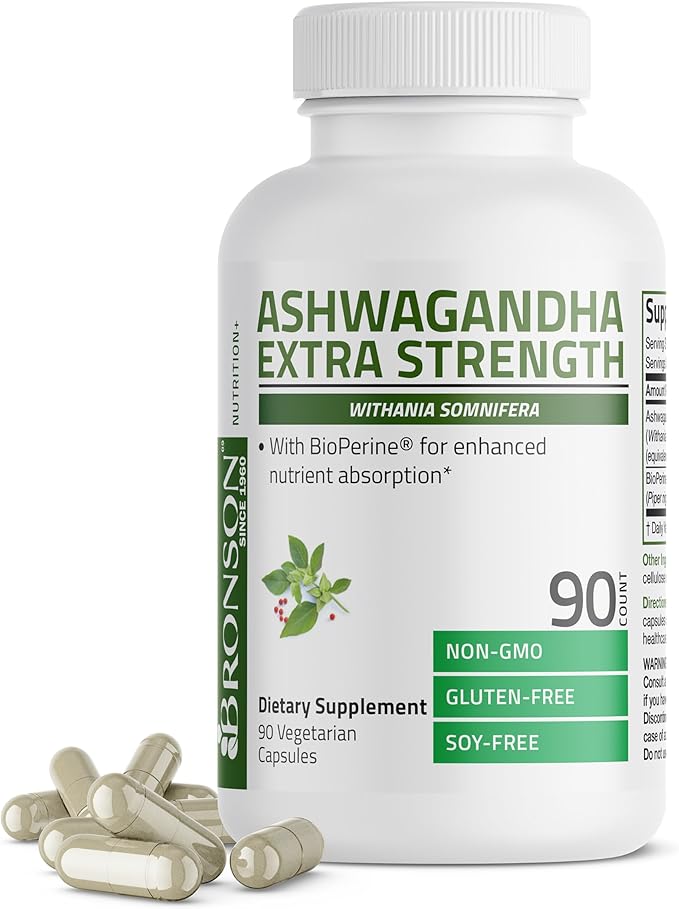Can you take Alpha Linolenic Acid and Methylated Folate together?
Interaction Details
Taking Alpha Linolenic Acid and Methylated Folate together has the potential for good synergy, suggesting a rating of 4 out of 5.
Alpha Linolenic Acid (ALA), an omega-3 fatty acid, and Methylated Folate, a form of vitamin B9, may interact beneficially due to their roles in inflammation reduction and methylation processes. ALA is known for its anti-inflammatory properties and its role in cardiovascular health. Methylated Folate is crucial for DNA synthesis, repair, and methylation, as well as facilitating the conversion of homocysteine to methionine, which is important for cardiovascular health and brain function. The combination of ALA and Methylated Folate could enhance their individual benefits, particularly in cardiovascular health and neuroprotection. ALA’s anti-inflammatory effects could complement Methylated Folate’s role in methylation and homocysteine metabolism, potentially synergizing to support heart health and cognitive function. Furthermore, Methylated Folate’s role in neurotransmitter synthesis could complement ALA’s effects on brain health, though the direct interaction between these two compounds is not extensively studied.
Potential Benefits
Potential Risks
Alpha Linolenic Acid
Alpha-Linolenic Acid (ALA) is an omega-3 fatty acid found in plant-based foods such as flaxseeds and walnuts. It is considered an essential fatty acid because the human body cannot produce it on its own.
Some benefits of ALA include supporting heart health and reducing inflammation.
Methylated Folate
5-MTHF L-Methylfolate (also sometimes called Levomefolate) is the active form of folate – also known as vitamin B9, which plays a critical role in various bodily functions, including DNA synthesis, cell division, and homocysteine metabolism. It is particularly important for pregnant women, as it helps prevent birth defects of the baby's brain or spine. Methylated folate is also essential for the production of red blood cells and maintaining healthy homocysteine levels.
